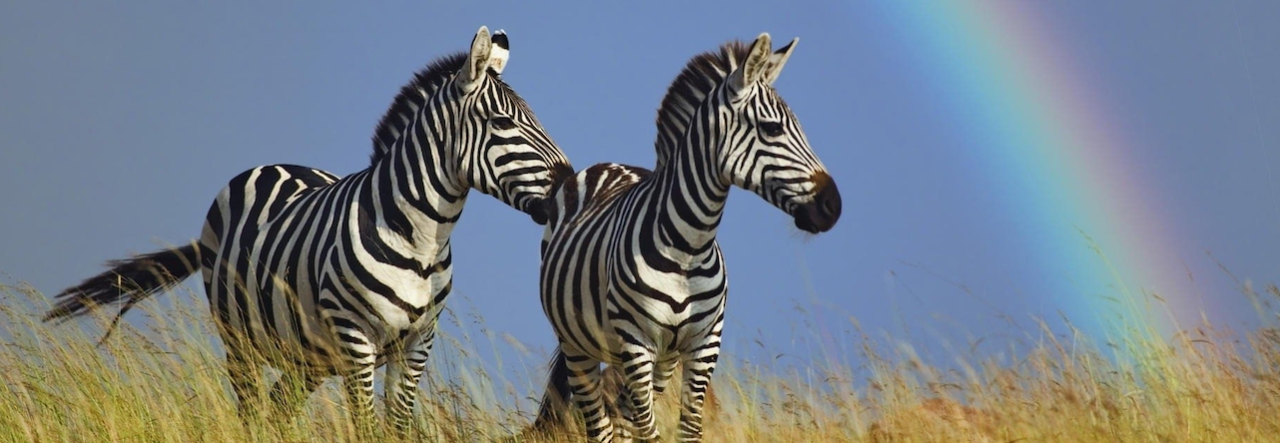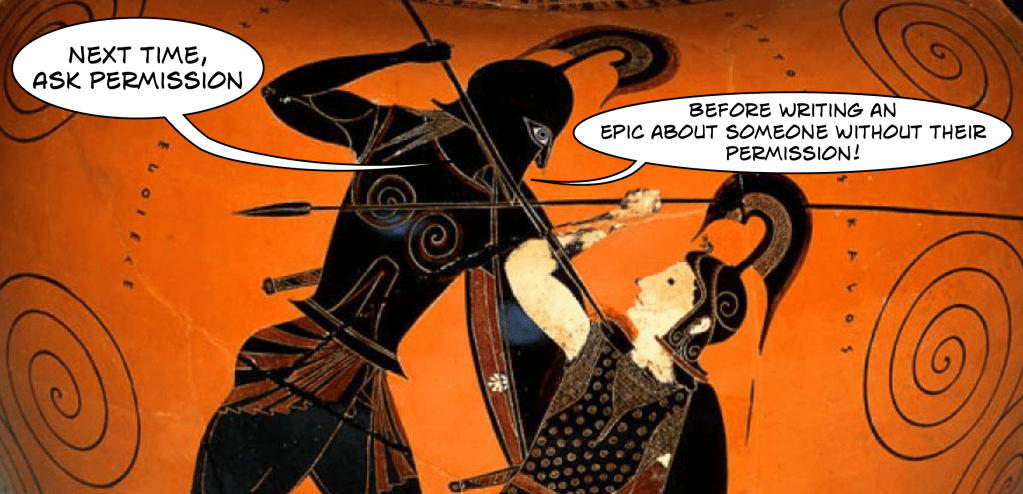Which type of epic are you most likely to write? The two basic choices are either a natural epic, or a literary epic.
Actually, it’s a bit of a trick question, since it would be extremely challenging to draw together all of the pieces necessary to compose a natural epic. You can see just why, in this passage from one of C.S. Lewis’ early letters to his father.
I came across it while searching for references to elegies in Lewis’ writings, as I discussed in my previous post. Lewis mentions an elegy in a letter to his father. One of Lewis’ students referred to Thomas Gray’s “Elegy Written in a Country Churchyard,” from which I had included an excerpt. As I mentioned there, it was common for schoolchildren to be required to memorize the poem at the time.
I include a portion of Lewis’ letter, however, not because of the elegy reference, but due to the distinction he draws between the two types of epics. In addition, it is entertaining and ends on a positive note despite the disappointing performance of the student in question.
I have got quite recently one pupil [who] is a youth of eighteen who is trying to get a Classical scholarship. I am to coach him in essay writing and English for the essay paper and general papers which these exams always include. I fear we shall win no laurels by him.
I questioned him about his classical reading: our dialogue was something like this:
Self: ‘Well Sandeman, what Greek authors have you been reading?’
Sand: (cheerfully): ‘I never can remember. Try a few names and I’ll see if I can get on to any.’
Self: (a little damped:) ‘Have you read any Euripides?’
Sand: ‘No.’
Self: ‘Any Sophocles?’
Sand: ‘Oh yes.’
Self: ‘What plays of his have you read?’
Sand: (after a pause): ‘Well–the Alcestis.’
Self: (apologetically): ‘But isn’t that by Euripides?’
Sand: (with the genial surprise of a man who finds £1 where he thought there was a 10 [shilling] note): ‘Really? Is it now? By Jove, then I have read some Euripides.’My next . I asked him if he were familiar with the distinction that critics draw between a natural and a literary epic. He was not: you may not be either, but it makes no difference.
I then explained to him that when a lot of old war songs about some mythological hero were handed down by aural tradition and gradually welded into one whole by successive minstrels (as in the case of ‘Homer’) the result was called a natural epic: but when an individual poet sat down with pen in hand to write Paradise Lost, that was a literary epic.
He listened with great attention and then observed ‘I suppose “Grey’s Elegy” is the natural kind.’ What idiots can have sent him in for a Scholarship? However, he is one of the cheeriest, healthiest, and most perfectly contented creations I have ever met with.
I have often thought how pleasant it would have been to enjoy C.S. Lewis’ company. Yet, when I read about his expectations for his students, I’m not confident I would have measured up. (If I didn’t possess so much respect for teachers, I suppose I could just blame mine.)
Currently, it appears that the two types of epics are usually referred to as folk epics and literary epics. I prefer the word “folk” to “natural” in this regard. It elicits the image of older cultures sitting around the fire telling tales (as some of the Inklings replicated in kolbitar).
And so, we arrive at a question. Not the question of which Greek authors we’ve read. Nor the question of whether we know the difference between folk and literary epics—since we have all now mastered that distinction.
The question is this: will your personal epic be of the literary variety? Or, will you lay aside all of your responsibilities and journey to some primitive environment like a sociologist conducting field research for their PhD—and compile ancient oral traditions into a monumental folk epic destined to be celebrated by one and all?
Actually, it does not have to be one or the other. Since they are not mutually exclusive, perhaps you should be one of the first people in history to ever create both.
A Final Caveat When Authoring Epics
Whatever your path in pursuing your epic dreams, do not fall into the same trap as James Macpherson (1736-1796). He was the first Scottish poet to become widely famous in Europe. Unfortunately, his fame was built on the foundation of a Scottish folk epic attributed to Ossian.
Fortunately for Macpherson, he was already interred in Westminster Abbey by the time his Gaelic “originals” were published. It is widely recognized they were back translations from his English “translation” to create the supposed source material. Not the legacy one would desire.
At least C.S. Lewis evaluated Macpherson’s legacy temperately. In his essay “Addison,” he mentions the poet in passing.
If [we suppose that] sublime genius lies all in the past, before civilization began, we naturally look for it in the past. We long to recover the work of those sublime prehistoric bards and druids who must have existed. But their work is not to be found; and the surviving medieval literature conspicuously lacks the sublimity and mysteriousness we desire.
In the end one begins inventing what the ‘bards,’ ‘druids,’ and ‘minstrels’ ought to have written. Ossian, Rowley, and Otranto are wish-fulfilments. It is always to be remembered that Macpherson had written original epics about prehistoric Scotland before he invented Ossian. By a tragic chance he and Chatterton discovered that their work was marketable, and so make-believe turned into fraud.
But there was a sincere impulse behind it: they were seeking in the past that great romantic poetry which really lay in the future, and from intense imagination of what it must be like if only they could find it they slipped into making it themselves.
Should you decide to compose a fictional folk epic, feel free to do so. It could end up being quite well received. Please though, for the sake of your future literary reputation, don’t pretend that it is anything but a work of fiction.

